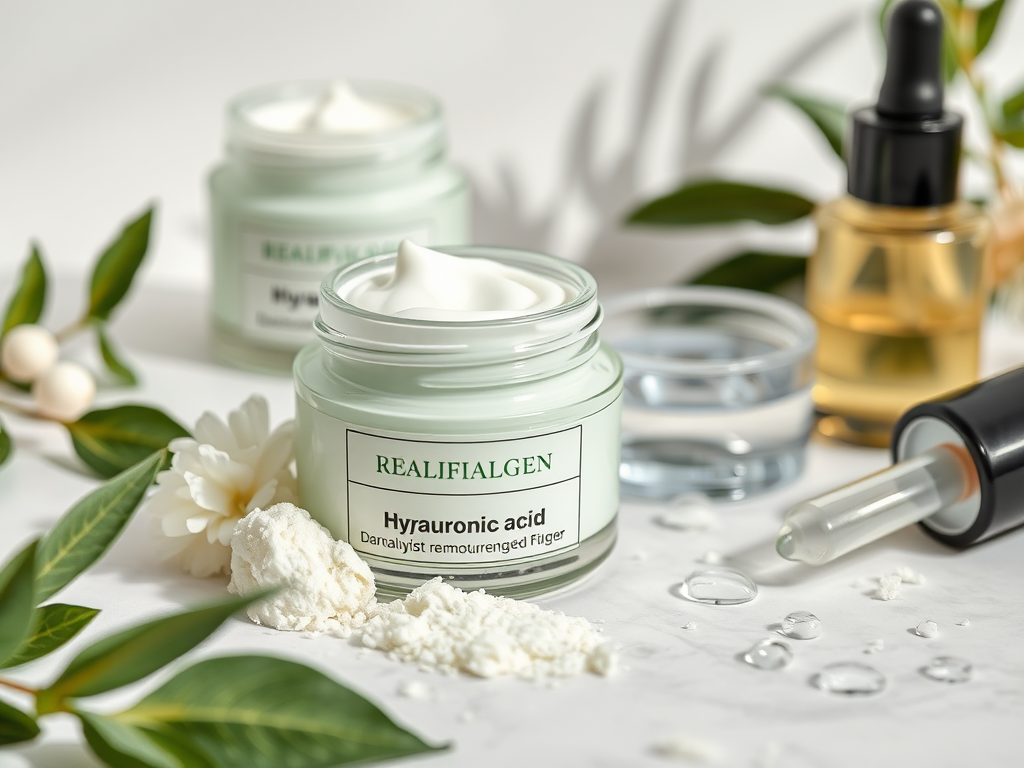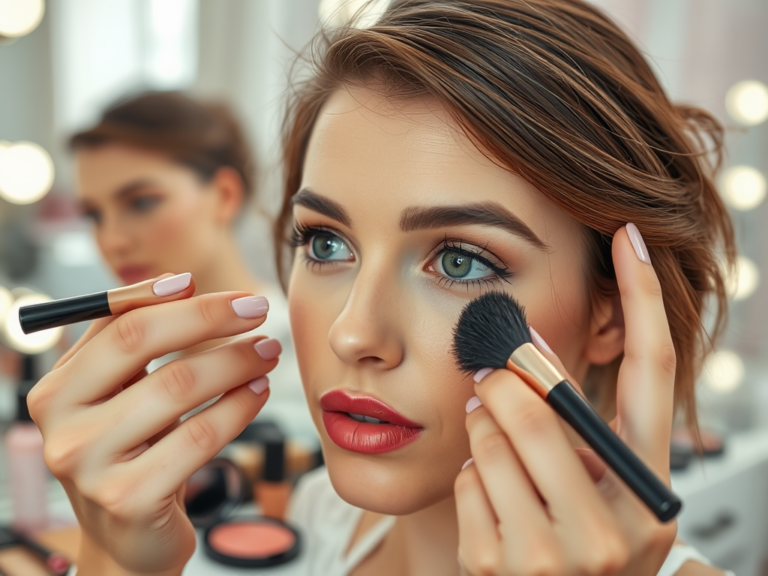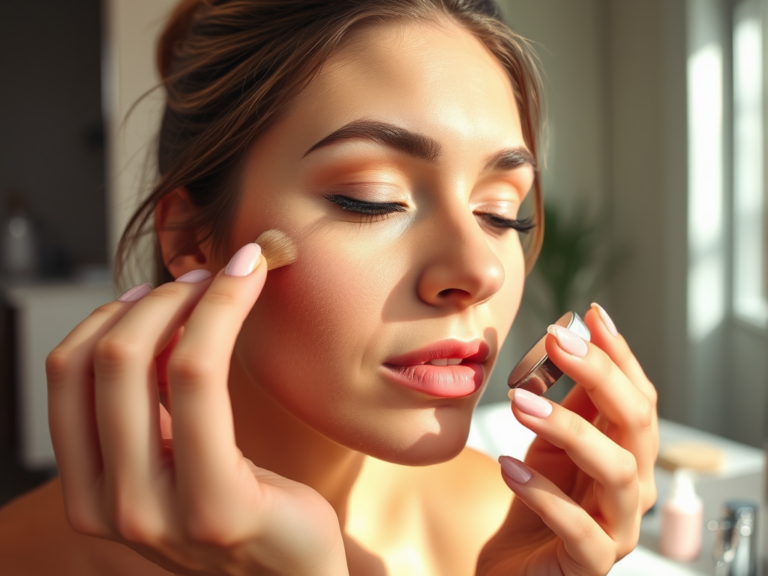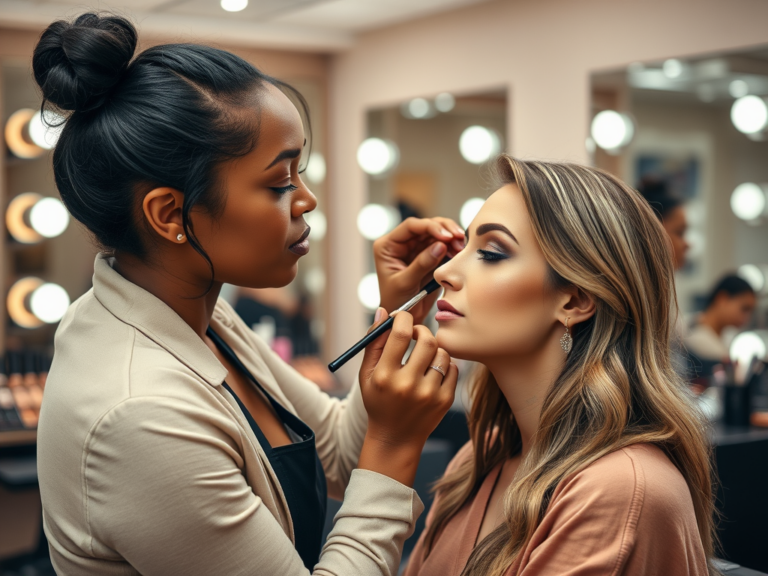Choosing the right moisturizer can feel overwhelming, particularly with the myriad of products available today. Each skin type presents its own unique requirements, which means that skincare is not a one-size-fits-all journey. Dermatologists spend years studying various skin conditions, and their expertise offers invaluable guidance in selecting moisturizing products. The right moisturizer can hydrate skin, prevent irritation, and maintain overall skin health. This article aims to elucidate the differentiating factors of moisturizers recommended by dermatologists, making it simpler to find the ideal fit for your skin. By focusing on the ingredients, skin types, and expert suggestions, you will empower your skincare routine with informed choices.
Understanding Different Skin Types

Understanding your skin type is the first step toward selecting the best moisturizer. Everyone’s skin is unique; genetics, environment, and lifestyle play significant roles in determining skin characteristics. Here’s a breakdown of the most common skin types and their specific needs. Each skin type requires different ingredients and formulations for optimal hydration and care.
- Oily Skin: Characterized by excess sebum production, often leading to shine and possible acne.
- Dry Skin: Lacks moisture and shows signs of flakiness or rough texture.
- Combination Skin: Exhibits traits of both oily and dry skin, requiring tailored solutions.
Oily Skin
For those with oily skin, it’s essential to find moisturizers that do not further exacerbate these issues. Typical characteristics include enlarged pores and a shiny appearance, particularly in the T-zone area. Dermatologists recommend lightweight, oil-free moisturizers that contain ingredients like hyaluronic acid and glycerin. These ingredients help hydrate the skin without adding excess oil. Prioritizing non-comedogenic formulas is crucial to prevent clogged pores and breakouts.
Dry Skin
In contrast, individuals with dry skin need rich, more emollient moisturizers that focus deeply on hydration. This skin type often appears tight and can show visible flakes or patches. Dermatologists typically suggest creams containing ingredients such as ceramides and rich oils that restore the skin barrier and retain moisture effectively. The right product can make a significant difference in how the skin feels and appears, promoting a softer, healthier look.
Combination Skin
Combination skin presents a unique challenge due to its mixed features. Often, the T-zone remains oily while the cheeks might be dry. It’s essential to choose a lightweight moisturizer that hydrates without overwhelming oily areas and still nourishes the dry patches. Many dermatologists recommend using a gel-based product in the T-zone, while a creamier formulation works well on drier areas. This targeted approach allows for a balanced overall moisturizer regimen.
Key Ingredients to Look For

When selecting a moisturizer, it’s essential to pay attention to specific ingredients that yield effective results. Dermatologists frequently recommend a few standout components that cater to various skin types. Here are the key ingredients considered beneficial across the board:
| Ingredient | Benefits |
|---|---|
| Hyaluronic Acid | Deeply hydrates and retains moisture, suitable for all skin types. |
| Ceramides | Helps restore skin barrier and retains moisture effectively. |
| Glycerin | An excellent humectant that draws moisture into the skin. |
Top Dermatologist-Recommended Moisturizers
Now, let’s explore some popular dermatologist-recommended moisturizers, categorized by skin type. Knowing which products professionals endorse can help steer your choices in the right direction.
- Lightweight Options: Gel-based moisturizers such as Neutrogena Hydro Boost and La Roche-Posay Effaclar Mat are excellent for oily and combination skin.
- Rich Creams: Brands like Curel Dry Skin Therapy and Aquaphor Healing Ointment are particularly effective for those with dry and sensitive skin.
Tips for Applying Moisturizers
Application techniques can dramatically impact the efficacy of moisturizers. Following a few best practices can help maximize the benefits. Always apply moisturizer on slightly damp skin to lock in moisture effectively. Use gentle, upward strokes and avoid harsh rubbing. Additionally, it’s beneficial to pay extra attention to areas that may be prone to dryness or irritation. These simple tips can help enhance absorption and improve overall skin hydration.
Conclusion
Ultimately, selecting the right moisturizer is a key aspect of a successful skincare routine. Dermatologist recommendations are invaluable resources that ensure you are targeting your unique skin needs effectively. Remember to consider your specific skin type, focus on quality ingredients, and utilize proper application methods. With the right knowledge and tools, achieving hydrated, healthy skin is entirely within your grasp.
Frequently Asked Questions
- What is the best moisturizer for sensitive skin? Dermatologists often recommend hypoallergenic formulations with minimal ingredients.
- How often should I apply moisturizer? It’s generally advised to apply moisturizer twice a day—once in the morning and once before bed.
- Can I use moisturizer if I have acne? Yes, opt for non-comedogenic moisturizers that won’t clog pores.
- Should I moisturize before or after sunscreen? Moisturizer should be applied before sunscreen for effective protection.
- Is it okay to use the same moisturizer year-round? It depends on your skin’s needs; adjusting moisturizers with seasonal changes could be beneficial.






